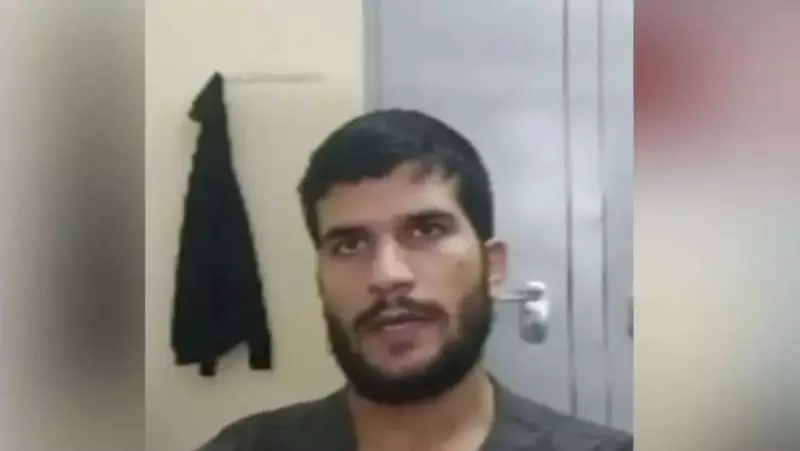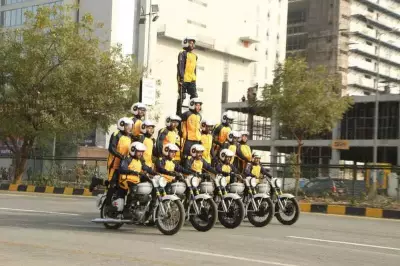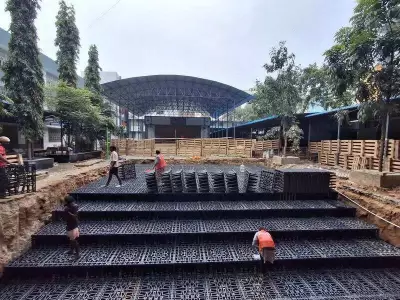
The Delhi Police Special Cell has made a significant breakthrough in counter-terrorism operations with the exposure of a dangerous terror module operating from Faridabad. The investigation has revealed startling internal conflicts within the group, painting a picture of ambition and ideological struggle among the accused.
The Mastermind and His Ambitions
Umar Nabi, identified as the key figure in the module, harbored aspirations of becoming the successor to slain Hizbul Mujahideen commander Burhan Wani. This revelation came to light during interrogations conducted by the Special Cell after the module's dismantling. Nabi's ambition to fill the void left by Wani's death demonstrates the continuing influence of the militant leader's legacy among radical elements.
The terror module, which had been active in the National Capital Region, was in the process of establishing a structured organization when internal disagreements surfaced. Investigators discovered that conflicts had emerged regarding the distribution of roles and responsibilities within the group, potentially weakening their operational capabilities.
Operational Details and Funding
The module had established a sophisticated network for terror funding and recruitment activities. According to police sources, the group was actively working to expand its influence and operational reach across the region. The precise methods of funding and the extent of their recruitment network remain under active investigation.
Security agencies have been monitoring the activities of the module for several weeks before making the decisive move to neutralize the threat. The timing of the operation was crucial to prevent any potential terror acts that the group might have been planning.
Investigation Progress and Future Implications
The Delhi Police Special Cell continues to interrogate the arrested individuals to gather more intelligence about the module's connections and planned activities. The internal clash within the group has provided investigators with valuable insights into the dynamics of emerging terror networks in the region.
This exposure comes as a significant achievement for the Delhi Police and highlights the ongoing challenges faced by security agencies in detecting and neutralizing terror threats in urban areas. The case has prompted security agencies to review their surveillance mechanisms for similar modules operating in other parts of the NCR.
Security has been heightened in sensitive areas following the revelations, with police advising citizens to remain vigilant while assuring that the situation is under control. The successful operation demonstrates the effectiveness of intelligence-led policing in combating terrorism.





